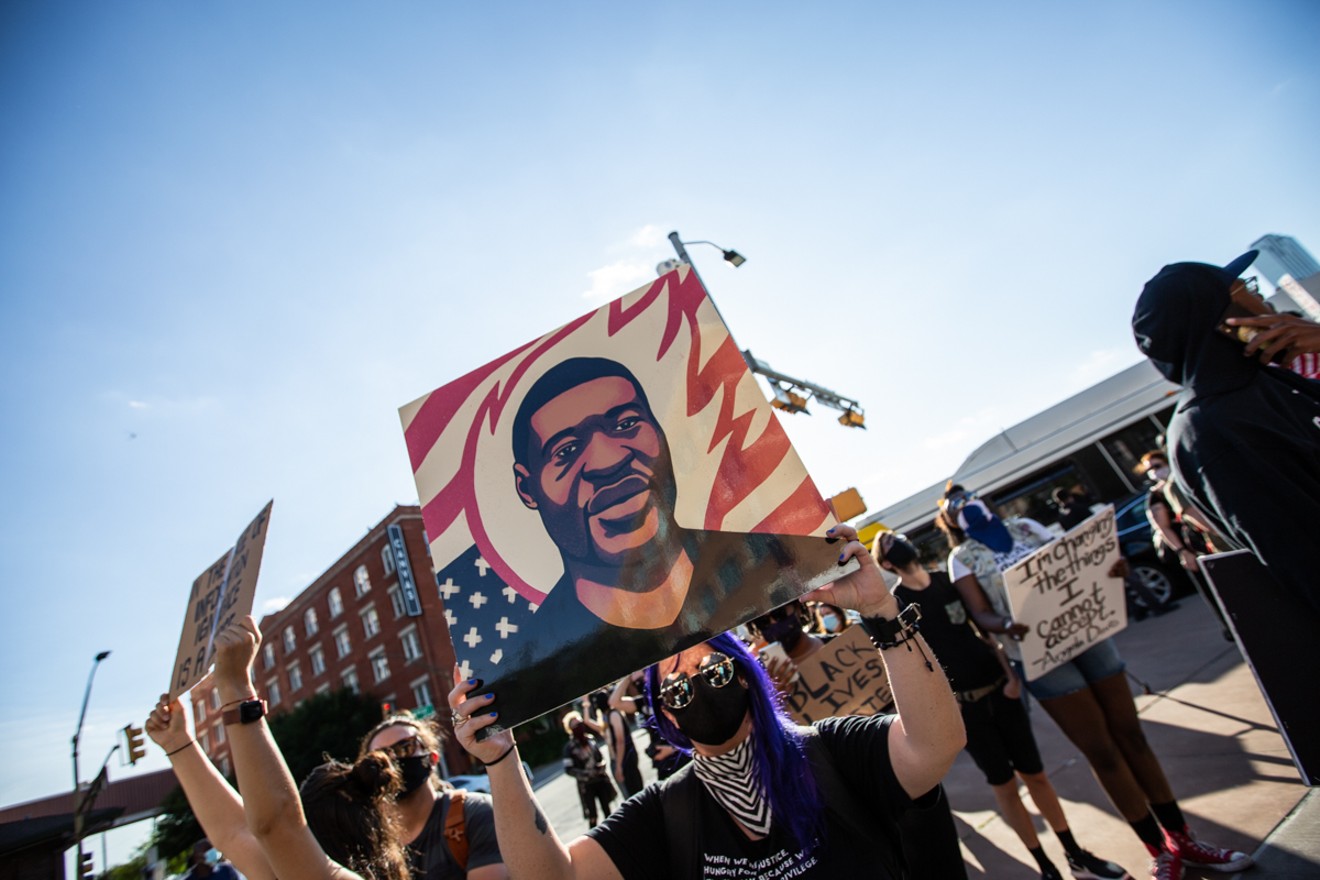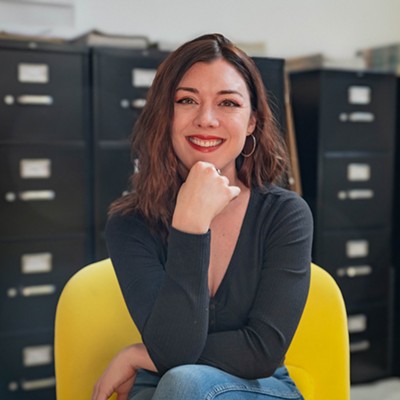Many health experts feared the protests against racial injustice would usher in a landslide of new COVID-19 cases, but some doctors are now saying it’s unlikely.
“For the most part, we’re not going to see a big increase [in cases] because people are wearing masks and they’re being held outside,” said Dr. Eric Bing, professor of global health at Southern Methodist University.
North Texas is in the middle of an enormous increase in the number of coronavirus cases, said Dr. Philip Huang, the director of Dallas County Health and Human Services. On Tuesday, the county’s health department reported a new record of 601 additional cases and 20 deaths.
But it’s unlikely the protests alone caused Dallas County’s infections to skyrocket, Huang said. Instead, he attributes the recent coronavirus surge to the early reopening of Texas’ economy and Memorial Day weekend get-togethers.
“The general public took their eye off the ball,” Huang said. “There was a lot of relaxation of practicing the physical distancing, of doing the cloth facial coverings, of doing all the things that we’ve been doing really well. I think everyone just let up, and that’s what we’re seeing.”
Dr. Erin Carlson, an associate clinical professor in the College of Nursing and Health Innovation at the University of Texas at Arlington, agrees that Memorial Day weekend likely caused the latest rise. That fact doesn’t bode well for this weekend’s upcoming holiday, she said.
“Mark my words: Two to three weeks after July 4, you’ll see a spike in cases,” Carlson said.
This week, the National Bureau of Economic Research released a study that debunks the notion that the demonstrations would deliver a deluge of cases. Its authors found “no evidence that urban protests reignited COVID-19 case growth” in the 315 U.S. cities they surveyed.
In part, this is because protesters were vigilant in wearing masks, the authors state. Plus, many demonstrators were young and thus at a lower risk of developing severe symptoms. Non-protesters also largely remained at home during this time, which further helped to slow the spread of the disease.
“I have a much better chance ... of contracting COVID by going into the grocery store unmasked than I do by being outside, wearing a mask, with protesters." - Dr. Erin Carlson, associate clinical professor at the University of Texas at Arlington
tweet this
Still, it’s nearly impossible to pinpoint the root of North Texas’ latest surge, said Dr. Joseph Chang, chief medical officer at Parkland Health & Hospital System. That’s largely due to the fact that symptoms can take up to two weeks to manifest.
Not only that, but it’s also a difficult disease to trace because of the high rate of asymptomatic carriers. Chang said his internal data reflects that around one in 20 asymptomatic people are actually infected with the virus.
“Any time a group of over 20 gets together, someone in there has COVID,” he said. “And someone is spreading it, unbeknownst to them.”
Whether one is attending a protest, a soccer game or a party, it's important for everyone to wear a mask, Chang said. When two people wear masks standing next to one another, the chance of transmissibility is less than 1%, he added.
Since large social gatherings are known super-spreaders, a hike in protest-related COVID cases could also be around the corner, Carlson said. It just may take a while before doctors can connect the dots since the process of lab confirmation takes at least 10 days.
Still, one is far more likely to catch the disease because of general community spread, Carlson said.
“I have a much better chance, a much better chance, of contracting COVID by going into the grocery store unmasked than I do by being outside, wearing a mask, with protesters,” she said.
Certain factors can increase the likelihood of a protester contracting the disease, Carlson added. If they’re pepper-sprayed, for instance, they may rub their eyes with unclean hands. The damage that pepper spray inflicts on the lungs also increases a protester’s chances of catching the disease.
Myriad doctors nationwide have demanded that police violence against minorities be viewed as a public health emergency. A group of nearly 1,300 physicians signed an open letter expressing support for the Black Lives Matter demonstrations.
Rather than condemning the protests, these doctors believe they’re essential to both the health of Black people and the nation as a whole.
“Protests against systemic racism, which fosters the disproportionate burden of COVID-19 on Black communities and also perpetuates police violence, must be supported,” they wrote.












